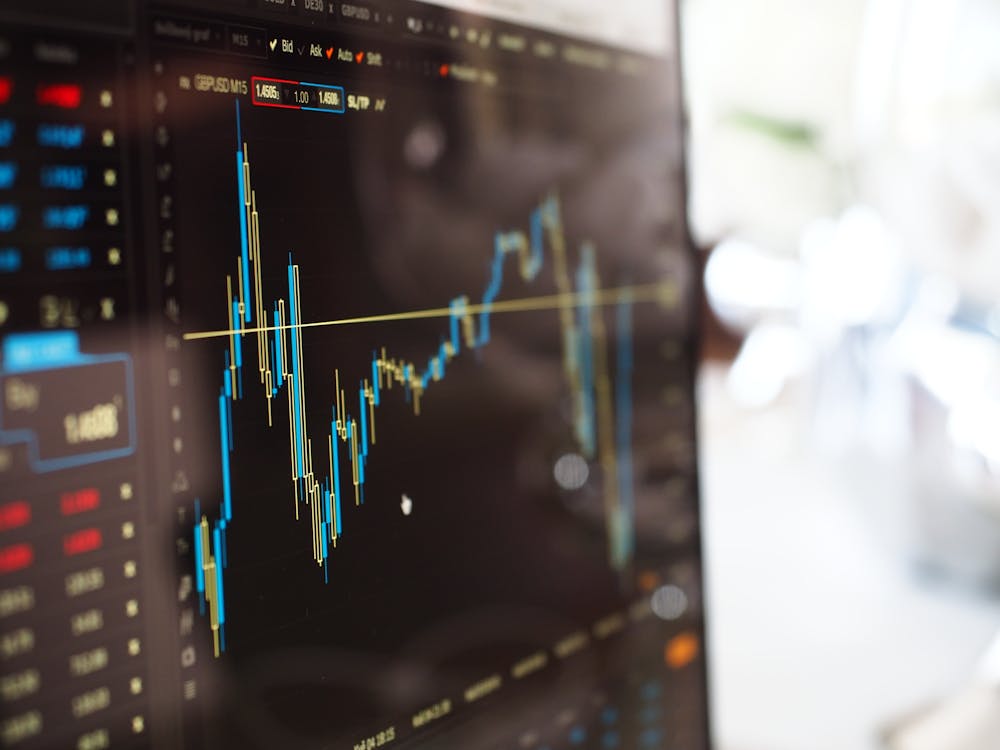How ‘potting’ beats a stock market crisis
06 May 2022
 One of the main casualties from the point of view of financial markets in a crisis such as the two we are currently experiencing (the Covid-19 pandemic and the War in Ukraine), is knowledge-based pricing. Cash becomes an advantage.
One of the main casualties from the point of view of financial markets in a crisis such as the two we are currently experiencing (the Covid-19 pandemic and the War in Ukraine), is knowledge-based pricing. Cash becomes an advantage.
Take the example of a listed business. Pre-crises, you could accurately value a business for its:
- profit forecasts
- P/E ratio
- analysis of the track record of key personnel
- subscriber-base growth
- strategy for expansion
- past history of successfully executing on strategies
- and much more
However right now, all of this knowledge-based evaluation of future prospects for a holding you have is overshadowed by an excess of sellers in the market.
Forced Stock Selling
 Think of all those passive structures which are programmed to automatically sell stocks when they reach certain minimum ‘stop loss’ prices. Or consider the hedge funds that have to close out loss making positions before they get any worse.
Think of all those passive structures which are programmed to automatically sell stocks when they reach certain minimum ‘stop loss’ prices. Or consider the hedge funds that have to close out loss making positions before they get any worse.
In short, during crises pricing is false and markets are irrational. It’s based less on fundamentals and future prospects and more on sentiment and lack of demand.
The problem is markets have not yet been given a reflective pause for over two years now as Covid-19 is still with us. We may not be in full lockdown unless we live in Shanghai. However, we don’t know exactly how life ‘after Covid-19’ will pan out because we are still in it.
Crisis investing response
If you attend a Zoom meeting today, you will see some people in high-end garden sheds, some working from their bedroom and some back in the office. However, look in the background and you will see those offices are sparsely populated.
That will not continue but we don’t yet know the extent to which workers will return to offices or the extent to which employers will return unused office space back to their landlords. How do we assess the value of commercial property in that context?
Turning to the War in Ukraine, in addition to the truly catastrophic loss of human life, the news footage on our TV screens of wrecked buildings and military hardware reveals highly palpable evidence of a destruction of value. This elongating period of uncertainty perhaps explains why there has been a heightened interest in potting strategies to protect retirement incomes.
Patient investing strategy
 The major benefit of potting is by setting aside perhaps 20% of your portfolio in cash you can avoid selling down assets during periods when there is a lack of knowledge-based pricing and wait for a ‘new normal’ to appear.
The major benefit of potting is by setting aside perhaps 20% of your portfolio in cash you can avoid selling down assets during periods when there is a lack of knowledge-based pricing and wait for a ‘new normal’ to appear.
The patient client can avoid the market and draw on the cash pot until full visibility is restored. The challenge for advisers is to help clients hold their nerve and keep out of the markets during periods of crisis. It may seem tempting to sell if prices are falling sharply, or to buy if prices appear to have bottomed and begun to rise.
But trading in the absence of knowledge is a bit like betting on the races. Once things are clearer, it would be appropriate to re-set retirement income levels. If the current crises really have destroyed value, then retirement incomes may need to be adjusted downwards.
by Adrian Boulding, Director of Retirement Strategy at Dunstan Thomas.
Adrian Boulding
Director of Retirement Strategy at Dunstan Thomas
023 9282 2254
enquiries@dthomas.co.uk